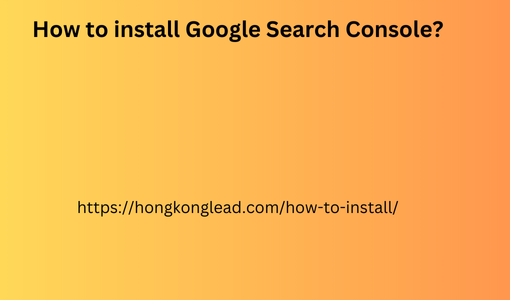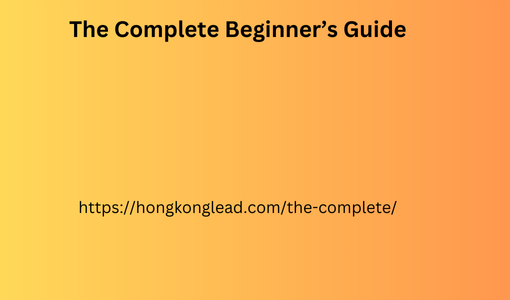Lead generation rea L estate websites In today’s digital age, a well-designed website is a cornerstone for any real estate professional. But beyond showcasing listings and attracting buyers, your website can be a powerful tool for lead generation. By implementing strategic features and content, you can transform your website into a lead-generating machine that attracts motivated sellers and buyers.
Crafting a Compelling First Impression
First impressions matter, and your website’s design plays a crucial role. Here’s what to consider:
User-Friendly Design: Ensure your website is easy to navigate and visually appealing. Responsive design is crucial, meaning it adapts seamlessly across desktop, mobile, and tablet devices.
Clear Value Proposition: Front and center, showcase your unique value proposition. Explain why someone should choose you over the competition. Are you a neighborhood expert? Do you specialize in a specific buyer or seller segment?
Strong Call to Action (CTA):
Tell visitors what you want them to do next. Whether it’s requesting a free consultation, signing up for your email list, or getting a home valuation, clear CTAs guide visitors towards becoming leads.
Content is King (and Queen of Lead Generation):
Compelling content is key to attracting and engaging potential clients. Here’s how to leverage content for lead generation:
Targeted Blog Posts:
Create informative blog posts that address common buyer and seller concerns in your local market. Optimize for relevant Shops 9177 keywords to improve search engine ranking and attract organic traffic.
Market Reports and Neighborhood Guides: Offer valuable free resources that showcase your expertise. Market reports can provide insights into local trends, while neighborhood guides highlight the unique offerings of specific areas.
Video Content:
Videos are highly engaging. Consider creating explainer videos on various aspects of the real estate process or Lead generation page design showcasing hot properties in your listings.
Lead Capture Mechanisms:
Your website should have mechanisms in place to capture leads and nurture them further:
Landing Pages: Create dedicated landing pages that provide valuable content and capture contact information in exchange, like email addresses for your newsletter.
Contact Forms: Make it easy for visitors to connect with you. Include strategic contact forms on key pages, such as your property listings page.
Live Chat Features: Integrate live chat functionality to allow visitors to connect with you instantly and ask questions.
Integrating with the Bigger Picture:
Your website shouldn’t exist in isolation. Ensure it integrates seamlessly with your overall lead generation strategy:
Social Media Integration: Include social media buttons and feeds on your website to encourage further engagement.
Email Marketing Integration: Integrate your website forms with your email marketing platform to nurture leads with targeted campaigns.
Call to Action Reinforcement:
Ensure a consistent call to action across your website, social media, and marketing materials.
Remember:
Track and Analyze: Use website analytics tools to monitor user behavior and identify areas for improvement.
Optimize Continuously:
The digital landscape constantly evolves, so continually test, refine, and optimize your website for maximum lead generation impact.
By implementing these strategies, you can transform your real estate website from a simple brochure into a powerful lead generation engine that attracts motivated buyers and sellers, propelling your business towards success.






